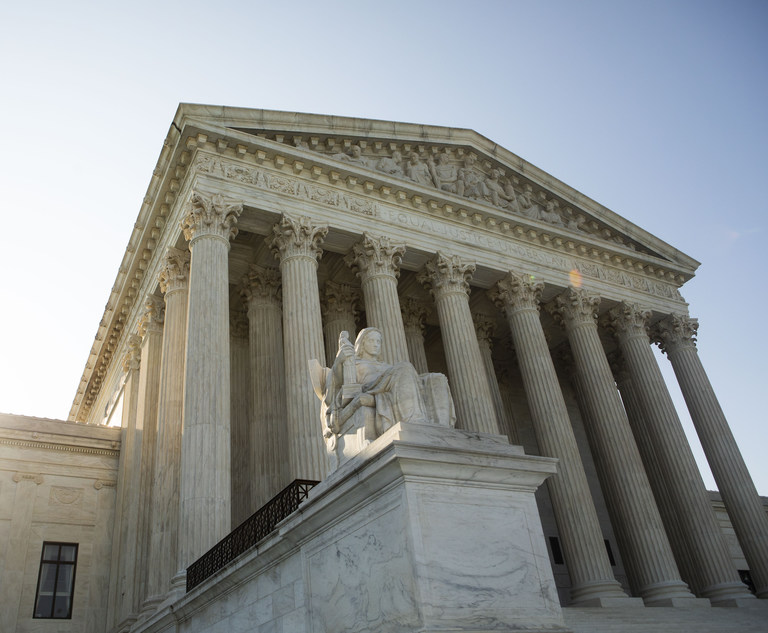Suing foreign sovereigns in the courts in the United States raises certain issues that are of no concern if there is a non-sovereign on the other side. In this column, we look at a recent Supreme Court decision in which the court made clear that, at least with respect to choice of law, a sovereign should be treated exactly the same as a private party. See Cassirer v. Thyssen-Bornemisza Collection Foundation, 596 U.S. ___ (2022).
The lawsuit concerned the ownership of an Impressionist painting: Camille Pissarro’s Rue Saint-Honoré in the Afternoon, Effect of Rain (now thought to be worth tens of millions of dollars). Paul Cassirer was a German Jew who owned an art gallery that owned the Rue Saint-Honoré. Paul’s heir, Lilly Cassirer, inherited the painting and hung it in her Berlin home. In 1939, she conveyed the painting to the Nazis (for the equivalent of a few hundred dollars) in return for an exit visa. Lilly and her grandson, Claude Cassirer, eventually settled in the United States.


 The U.S. Supreme Court building in Washington, D.C. Photo: Diego M. Radzinschi/ALM
The U.S. Supreme Court building in Washington, D.C. Photo: Diego M. Radzinschi/ALM




